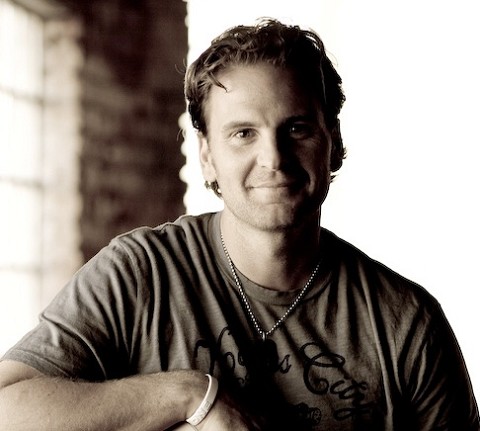By Jonathan Foster
“We have vastly underestimated how deeply ingrained are the organizational and cultural rigidities that hamper our ability to execute.” -Elmer Johnson as quoted by David Brooks in NY Times
Sounds like church.
I’ve been receiving quite a few negative comments about church leadership, staff, or internal dynamics lately. These things, I believe, could be lumped together under a label McManus or Martoia uses a lot called “culture” or “ethos.”
Ethos of a church is the spirit or the vibe of an environment.
Ethos is initially planted by the pastor, cultivated by the staff and harvested by everyone.
The Leader’s Task
I’ve been in about 20 churches this past year. The ethos in many are seemingly external focused. I believe this is good. We all know that an organization cannot live for itself. But maybe in our effort to be externally focused we’ve lost the desire or patience to work with our own people. How does this following quote from Herb Kelleher strike you? “You have to treat your employees like customers.”
Hold on. Really, how does that strike you? (Or where does that strike you?) Is that how we approach working with our staff? I shared this with more than one pastor friend who suggested that the word, “customer” might be too complex a word to use in our consumer age. He suggested substituting the word “family.” Hmmm… Do I treat my people like my family? Do I love them, trust them, lead them like family?
Another friend referred me to a Craig Groeschel book he was reading as we were dialoging about this subject. Groeshel says, “Friendships matter. Studies reveal just how important friendships at work are to it. Gallup research shows that close friendships at work boost employee satisfaction almost 50%.” I’m beginning to realize I miss out on an opportunity to improve the depth of my ethos when so much of my time is spent with new people, new strategies and new plans. (As you can tell, I like new stuff.)
Yes, I have to be forward/outward looking but maybe if I turn up the heat on my staff relationships (treating them like family) the resulting culture change will do more good collectively than I could do individually charging new hills. (One side note — this post does not pretend to touch upon the difficulty and differences between hiring your own staff and inheriting a staff.)
The Staff’s Task
Gallup pole from 2005 says that 55% of the workforce is disengaged. Which, of course, among other things results in poor ethos. Maybe it’s time to remember how important good, hard work is. (Col 3:23) Seems simple enough.
I spoke with a pastor friend of mine struggling with the culture in his church recently who said, “I wish I had a staff that I had to encourage to protect their family time instead of a staff where I had to encourage them to give 100%.” What do you think? Does the shoe fit? If so, here is a short list of some action points I gathered from a few senior leaders:
- Learn to lead up (I first heard this phrase from Bill Hybels).
- Anticipate responses and weak spots from your leader and then have a response.
- Over-communicate.
- Pray for your leader.
- Make your boss better than they’d be without you.
- Accept responsibility for growth.
- Read.
- Don’t just respond… initiate.
- Work hard.
The Game
This post is just the tip of the proverbial iceberg regarding ethos. But even in it’s simplicity I would guess that at least one thing can be learned and applied and maybe that’s a key to healthy ethos… learning and applying. Learning and applying is the antidote to the “deeply ingrained cultural rigidity” that threatens all organizations. Learning and applying is transforming not just information gathering.
“I came to see in my time at IBM that culture isn’t just one aspect of the game — it is the game.”
–Louis G. Verstnar

Jonathan is a songwriter/poet/pastor from Phoenix, AZ. He is married and has three children, and he blogs at www.theproblemwithreligion.com .
